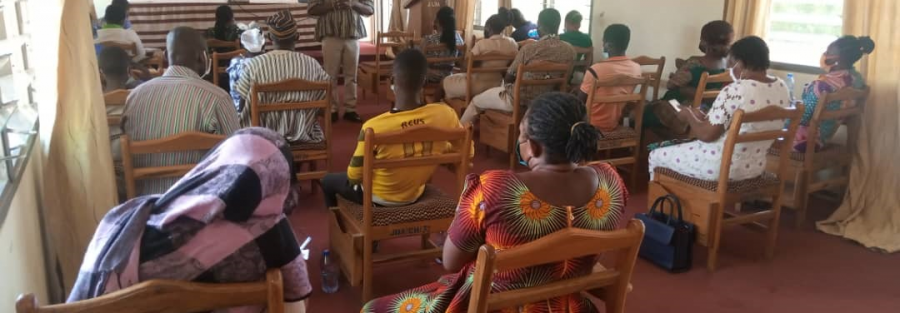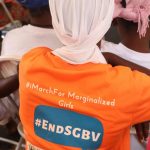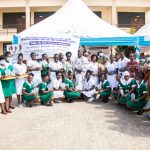ARHR has partnered with a community-based organization in the Upper West Region of Ghana; Harnessing Youthful Talents for Rural Development (HAYTAFORD), to implement the RHESY project in the Jirapa Municipality. In view of that, a stakeholder and orientation meeting was held in the municipality to commence activities of the project.
The meeting brought together all stakeholders needed to support the implementation of the project and gave them an overview of the project and the various activities to be carried out under the project.
The RHESY project seeks to address various challenges faced by adolescent girls by building their social, health and economic assets in the short term and improving their sexual behavior, addressing issues of early marriage, pregnancy and education in the longer term. Adolescent girls in Ghana face risks and vulnerabilities that challenge their healthy development into young women. These include early marriage and childbearing, sexual and gender-based violence, unintended pregnancies and HIV. Empowering Adolescent Girls through Improved Access to Reproductive Health Information and Services and Quality Gender-responsive SRH Services will address these challenges.
The project is being implemented in five (5) other districts in Western, Ashanti, Volta, KEEA and Greater Accra Regions with funding support from UNFPA Ghana.
Stakeholders who participated in the meeting include the District Director of health Services (DDHS), Social Welfare officer of the Jirapa District, Health Facility Heads, Assembly Member in the District, Opinion Leaders of the community, Parents, Staff from the Ghana Education Service, Media and Adolescent Boys from the community.
The District Director of the Health Services noted that the project was timely and that it will help curb issues surrounding SRH and commended all partners for bringing the project to their District.
Community members recommended various strategies for improving SRH information and services for adolescents. These included appropriate leadership role by the Ghana Health Services; involvement of all stakeholders including government, traditional and church leaders in adolescent programme planning; engagement of community members in the mobilization of resources; ensuring that information and services are available and accessible to the adolescents; conducting information, education and communication campaigns through various channels; encouraging adolescent social networks on SRH issues; and formulating and implementing laws against individuals who make adolescent girls pregnant.



